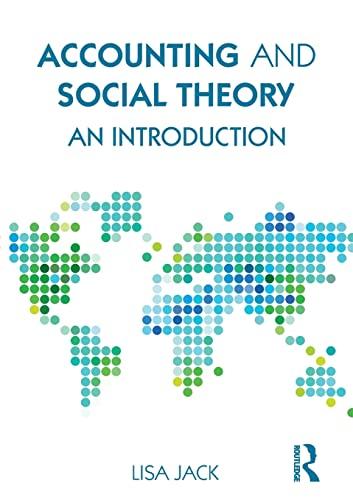Question
If you were to appropriate my wealth (no gifting by me, no contract) we would call that theft. In a tax private wealth flows to
If you were to appropriate my wealth (no gifting by me, no contract) we would call that theft.
In a tax private wealth flows to the state.
This is not a story of a gift.
Nor is there any freely agreed bargain (i.e. a contract).
So how is it that this is not theft?
The answer is simple. Private wealth flows to the State in satisfaction of a legal liability. The State is a creditor to whom a debt is owed. Payment by a debtor to his creditor is not theft.
But is it really that simple? What is the origin of the legal liability? The tax law. Who made the tax law? The creditor. So the creditor unilaterally makes the law that creates the indebtedness and then says pay me. That sounds too easy. Who or what gives the creditor the authority to do that? Is this legitimate? Or is this just window dressing? Remove the dressing and what we see is just a grab for another's wealth, i.e. theft?
What are your thoughts on this?
Detailed explanation will be really helpful.
Step by Step Solution
There are 3 Steps involved in it
Step: 1

Get Instant Access to Expert-Tailored Solutions
See step-by-step solutions with expert insights and AI powered tools for academic success
Step: 2

Step: 3

Ace Your Homework with AI
Get the answers you need in no time with our AI-driven, step-by-step assistance
Get Started


